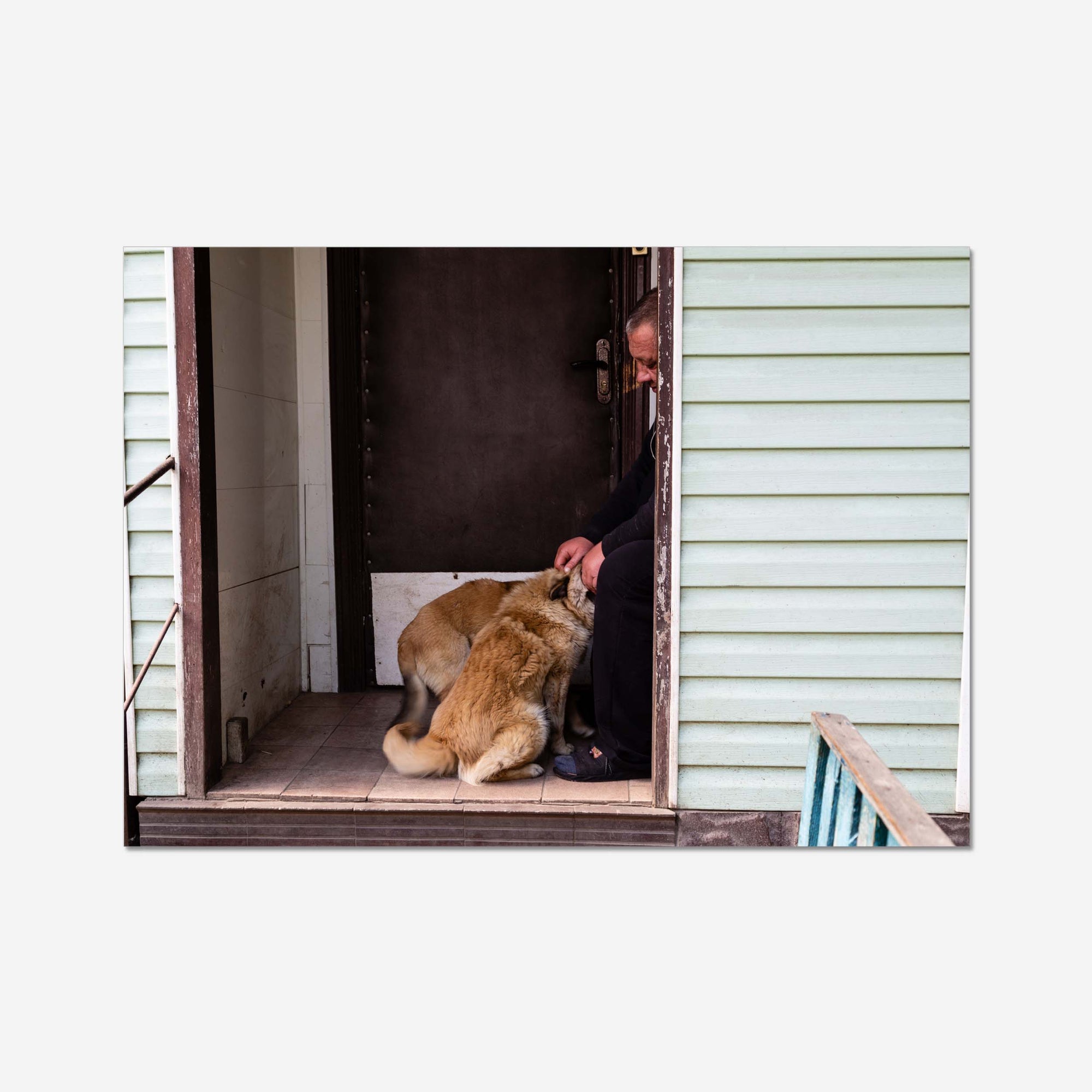Bucha - Kateryna Moskalyuk
"I want to forget it and get back to normal life,” says one resident from the city of Bucha, Ukraine. "I can't remember these terrible things anymore. I feel like everything is burning inside me,” says another. "I've told it so many times, but every time I feel pain,” a third resident adds.
“Residents of Bucha who survived the occupation and witnessed the crimes of the Russian military are deeply traumatised. It’s difficult for them to talk about all these horrible things,” says photographer Kateryna Moskalyuk. “But most people say it's even harder to keep quiet. Violence likes silence. Bucha is still recovering from the occupation—burned apartments, destroyed houses and holes from shell fragments on fences, through which you can see blooming flowers.”

